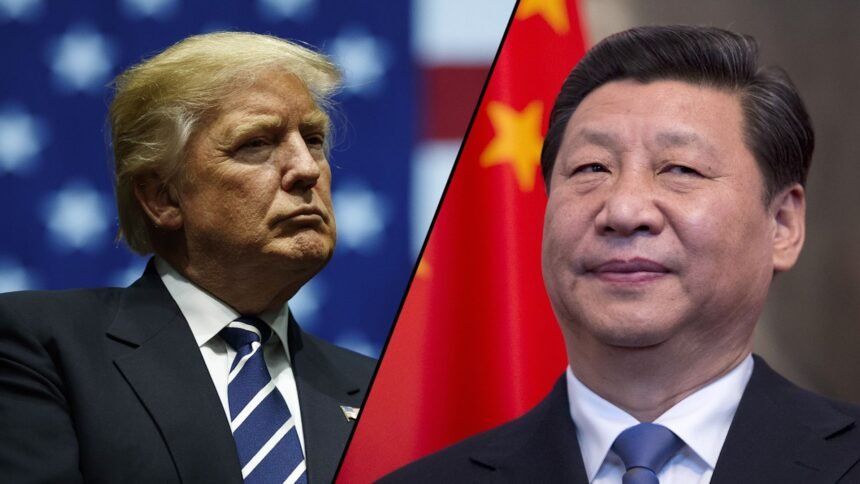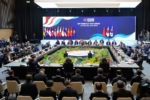The United States and China have reported major progress in their trade negotiations held in Malaysia, raising hopes for a new agreement that could ease tensions between the world’s two largest economies.
Officials from both sides said on Sunday that they were close to reaching a deal after several rounds of talks during the ASEAN Summit in Kuala Lumpur.
Trump and Xi to Meet at APEC Summit in South Korea
U.S. President Donald Trump and Chinese President Xi Jinping are expected to meet on Thursday during the APEC Summit in Gyeongju, South Korea — their first face-to-face encounter since 2019.
U.S. Treasury Secretary Scott Bessent announced that both parties had agreed on a “joint framework” that will be discussed further at the upcoming high-level meeting.
In interviews with NBC and ABC News, Bessent said the potential deal would prevent the imposition of 100% tariffs on Chinese goods and delay export restrictions that Beijing had threatened on rare earth metals.
According to Bessent, China also agreed to make significant purchases of American agricultural products, including soybeans — a move expected to benefit U.S. farmers.
Beijing Confirms “Basic Consensus”
On the Chinese side, Vice Premier He Lifeng confirmed that the two countries had reached a “basic consensus” to address mutual concerns and would continue working toward finalizing and approving the agreement within their respective governments.
Trade tensions between the U.S. and China have intensified in recent months. Earlier this month, Beijing announced that starting December 1, it would require export licenses for rare earth magnets and semiconductors containing materials produced in China.
These measures raised fears of disruptions to global supply chains, especially in the high-tech and renewable energy sectors.
Tariffs and Countermeasures
In response, President Trump had threatened to impose tariffs of up to 100% on Chinese goods starting November 1, unless China agreed to concessions.
The anticipated Trump–Xi meeting is now seen as a critical opportunity to defuse escalating trade tensions and potentially reset economic relations between Washington and Beijing.







